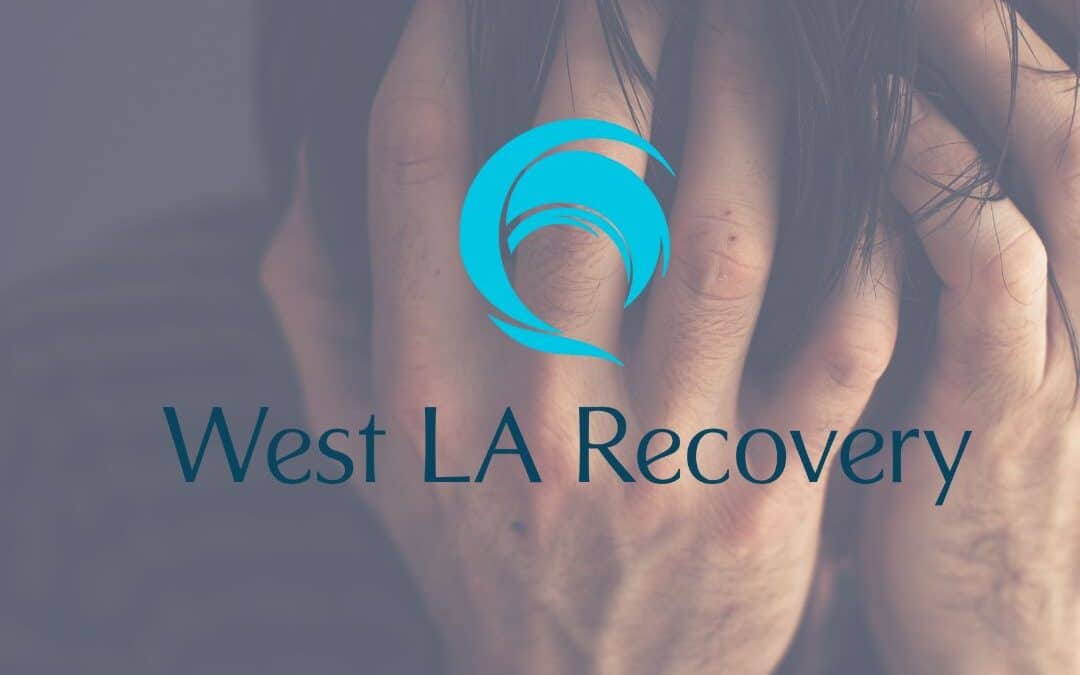1. Improved Physical Health
The decision to quit drinking transforms your physical health in remarkable ways. Your liver – the body’s primary detoxification organ – begins healing itself almost immediately after stopping alcohol consumption. Within weeks, liver function improves significantly, reducing inflammation and preventing potential cirrhosis.
Abstaining from alcohol creates a positive ripple effect throughout your cardiovascular system. Blood pressure naturally stabilizes, and the heart muscle grows stronger without the strain of processing alcohol. Research shows that individuals who quit drinking experience a marked decrease in their risk of heart disease and stroke.
The benefits extend beyond major organs. Your immune system strengthens, making you less susceptible to illnesses. Skin becomes clearer and more radiant as hydration improves. Many people report reduced acid reflux symptoms and better digestion. These physical improvements serve as powerful reminders that your body thrives without alcohol’s interference.
Transitioning to a sober lifestyle can be challenging, but resources like sober living can provide support during this journey. If you or someone you know needs assistance, don’t hesitate to reach out through our contact page for help.
2. Better Sleep Quality
Quality sleep becomes a natural part of life after quitting alcohol. While drinking might help you fall asleep faster, alcohol disrupts your natural sleep cycle by suppressing REM sleep – the phase responsible for memory consolidation and emotional processing. This disruption leads to fragmented sleep patterns, frequent night-time awakenings, and that dreaded morning grogginess.
Giving up alcohol allows your body to restore its natural sleep-wake rhythm. Within days of quitting, many people experience deeper, more restorative sleep cycles. Your brain enters proper REM and deep sleep stages, leading to improved mental restoration and physical recovery during rest.
The benefits of alcohol-free sleep include:
- Reduced snoring
- Decreased night sweats
- Elimination of middle-of-the-night bathroom trips
Your body temperature regulation improves, creating optimal conditions for restful sleep. This enhanced sleep quality translates into waking up feeling genuinely refreshed and energized for the day ahead.
3. Weight Management
Alcohol can contribute to weight gain without you even realizing it. Here’s how:
- A single glass of wine contains about 120-150 calories, which are often referred to as “empty calories” because they provide energy but little to no nutritional value.
- Cocktails can be even worse, with some drinks containing up to 500 calories or more.
These calories from alcohol can easily go unnoticed and add up to your daily calorie intake.
How Quitting Alcohol Helps with Weight Management
When you stop drinking alcohol, several things happen that make it easier for you to manage your weight:
- Immediate Caloric Deficit: By quitting drinking, you’re automatically reducing your calorie intake since alcoholic beverages can be high in calories. This creates a deficit, which is necessary for weight loss.
- Improved Metabolism: Without alcohol in your system, your body can metabolize food more efficiently. The liver, which is responsible for processing nutrients and filtering out toxins, can now focus solely on its job without the interference of alcohol.
- Reduced Food Cravings: Many people who stop drinking notice that their cravings for certain foods decrease, especially late-night snacks. Alcohol can sometimes trigger hunger pangs or cravings for unhealthy foods, so eliminating it may help you make better food choices.
- Better Sleep Quality: Alcohol can disrupt sleep patterns and lead to poor-quality sleep. When you quit drinking, you may experience improved sleep quality, which has been linked to better weight management.
- Increased Energy for Exercise: Alcohol can drain your energy levels and make it harder to stay active. By cutting out alcohol, you’ll likely have more energy to engage in physical activities and workouts, supporting your weight management goals.
The Ideal Conditions for a Healthy Weight
With these changes happening in your body and lifestyle, you’re creating the perfect environment for achieving and maintaining a healthy weight:
- Healthy Eating Patterns: The absence of alcohol-induced cravings makes it easier for you to stick to nutritious eating habits and control portion sizes.
- Regular Exercise: Increased energy levels mean you’re more likely to incorporate regular exercise into your routine, which is crucial for weight management.
By focusing on these factors—quitting alcohol, improving metabolism, reducing cravings, getting better sleep, and boosting energy—you’ll be setting yourself up for success in reaching and maintaining a healthy weight.
4. Financial Savings
The financial impact of regular drinking habits extends far beyond the immediate cost of beverages. A person who drinks moderately might spend $50-100 per week on alcohol – that’s $2,600-5,200 annually on drinks alone. Add restaurant markups, late-night food purchases, and impulsive spending under the influence, and the total can easily double.
Hidden costs lurk in healthcare expenses too. Regular drinkers often face higher insurance premiums, more frequent doctor visits, and increased medication needs. These expenses compound over time, creating a significant financial burden.
By choosing sobriety, you’re investing in your financial future. The money saved can fund meaningful experiences, boost your savings account, or support personal goals like homeownership or travel. Many of our recovered clients report redirecting their “drink money” into retirement accounts, emergency funds, or passion projects they never had the resources to pursue before.
5. Improved Mental Clarity
Alcohol doesn’t just affect your thinking while you’re drinking; it can also have long-term effects on your brain. Regularly consuming alcohol can lead to poor judgment, memory problems, and difficulties with critical thinking.
When you stop drinking, your brain has a chance to heal and reconnect the pathways that are important for memory and decision-making. Many people find that after a few weeks of being sober, they’re able to focus better, understand information more easily, and remember things more clearly. This improved mental clarity helps them make better decisions in their everyday lives.
Being sober also makes it easier to solve problems and think on your feet when unexpected situations arise. The more you practice these skills without alcohol, the stronger they become.
6. Reduced Risk of Mental Health Issues
Alcohol’s impact on mental health creates a destructive cycle – drinking to ease anxiety leads to increased anxiety when sober, pushing many back to drinking. Research shows alcohol alters brain chemistry, intensifying symptoms of depression and anxiety disorders.
Quitting alcohol breaks this cycle. The brain begins to regulate neurotransmitters naturally, reducing mood swings and emotional instability. Many of our clients report significant improvements in their anxiety levels within weeks of sobriety.
The benefits extend beyond immediate symptom relief. A clear, alcohol-free mind allows for better stress management and emotional processing. Regular therapy sessions become more effective without alcohol’s interference, leading to lasting mental health improvements and stronger emotional resilience.
A stable mind creates the foundation for sustainable recovery and long-term mental wellness.
7. Improved Relationships
Sobriety creates space for authentic connections with loved ones. Without alcohol’s influence, individuals experience deeper, more meaningful conversations and shared moments. The clarity of mind allows for active listening and genuine emotional engagement during family gatherings, date nights, and social events.
Many people discover their relationships transform when alcohol exits the picture. Parents become more attuned to their children’s needs, partners communicate with greater empathy, and friendships evolve beyond surface-level interactions. The time previously spent drinking or recovering from hangovers becomes available for quality experiences – from morning coffee dates to weekend adventures with friends.
Social connections built on sobriety tend to be more resilient and fulfilling. These relationships thrive on shared interests, mutual support, and genuine personality traits rather than alcohol-induced temporary bonds. To achieve such a transformation, maintaining sobriety is crucial. This requires a well-thought-out plan for aftercare which can significantly aid in creating an aftercare plan for maintaining sobriety and building a fulfilling life in recovery.
8. Increased Energy Levels
Quitting alcohol brings a remarkable boost in energy that transforms daily life. Without hangovers and disrupted sleep patterns, your body can maintain consistent energy throughout the day. Many individuals report feeling genuinely refreshed upon waking, ready to embrace their morning routines with newfound enthusiasm.
This natural energy boost opens up opportunities for an active lifestyle that might have seemed impossible while drinking. Physical activities become more appealing and manageable – from morning yoga sessions to evening walks. The sustained energy levels make it easier to maintain regular exercise routines, pursue new hobbies, and engage in outdoor activities.
The combination of physical and mental clarity leads to enhanced productivity at work and home. Tasks that once seemed daunting become achievable, and the motivation to tackle new challenges grows stronger. This natural vitality creates a positive cycle – better energy leads to more activity, which generates even more energy for life’s adventures.
9. Boosted Confidence
Sobriety reveals true self-confidence that doesn’t rely on alcohol. Many people find that their natural charm and social skills shine brighter without the influence of alcohol. The process of staying sober builds genuine self-esteem through real accomplishments and personal growth.
Building Connections Sober
Facing social situations without alcohol creates opportunities for deeper connections. Simple techniques like holding a non-alcoholic drink, practicing mindful breathing, or engaging in sincere conversations help manage social anxiety naturally. These genuine interactions lead to lasting memories and stronger relationships.
Expanding Confidence Beyond Social Settings
The confidence gained from sobriety goes beyond social environments. Achieving goals, keeping promises, and staying true to personal beliefs strengthens self-trust. Each sober gathering becomes a proof of inner strength, showing that true confidence comes from within – not from a bottle.
Discovering New Activities
Moreover, embracing sobriety allows for the discovery of fun alcohol-free activities which can further enhance one’s social life and boost confidence in various settings. Exploring LA’s vibrant social scene without alcohol opens up new avenues for enjoyment and connection with like-minded individuals.
10. Healthier Coping Mechanisms
Quitting alcohol opens doors to discovering effective stress management techniques that truly address life’s challenges. Many individuals turn to meditation, exercise, or creative pursuits as healthy alternatives to drinking. These activities not only help manage stress but also contribute to personal development and emotional growth.
The journey of sobriety naturally leads to increased emotional intelligence and self-awareness. Without alcohol as a temporary escape, you’ll learn to process feelings authentically and develop resilient responses to difficult situations. This might include practicing mindfulness, seeking therapy, or joining support groups.
The rewards of embracing healthier coping mechanisms extend beyond stress relief. You’ll discover inner strength, build meaningful connections with others facing similar challenges, and develop a robust emotional toolkit that serves you in all aspects of life.







